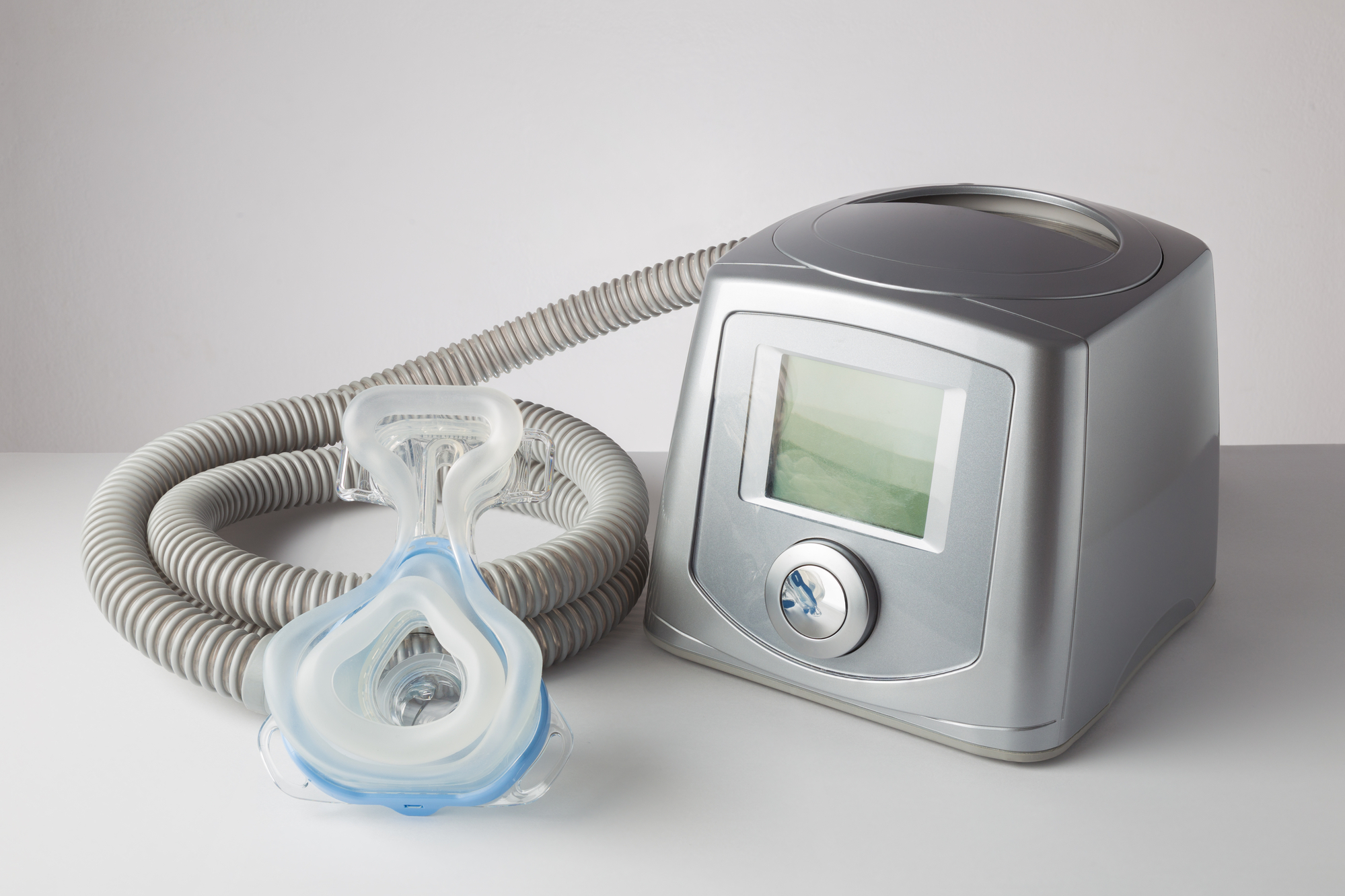Sleep Apnea 101
What Are the Risk Factors of Sleep Apnea?
Sleep apnea is a sleep disorder in which you stop breathing periodically throughout the night. It’s classified as a sleep disorder because your body wakes you up whenever this occurs so that you can start breathing again. This prevents you from getting a good night’s sleep and can lead to health problems.
What Increases Your Risk of Developing Sleep Apnea?

While anyone can develop sleep apnea, there are certain risk factors that increase your chances of the condition.
Obesity
If you are obese or overweight, then you’re more likely to be affected by sleep apnea. This is because you can develop fat deposits in the upper airway that can narrow or block the airway, obstructing the passage of air.
Nasal Congestion
If you suffer from nasal congestion for any reason, whether due to allergies, an issue with your anatomy, or anything else that prevents you from easily breathing through your nose, you’re more at risk for sleep apnea.
Narrower Airway
Some people are born with narrower airways than others. The narrower your airway for any reason, the more likely you are to develop sleep apnea.
The Circumference of Your Neck
People with thicker necks might be more at risk for sleep apnea due to having narrower airways.
Gender
Men are generally more likely to develop sleep apnea by up to 2 or 3 times. The risk for women does increase after menopause or if they’re overweight, however.
Age
Older adults are much more likely to experience sleep apnea than younger people.
Medical Conditions
Certain medical conditions can increase the risk of sleep apnea, including:
- High blood pressure
- Type 2 diabetes
- Congestive heart failure
- Polycystic ovary syndrome
- Hormonal disorders
- Previous stroke
- Asthma
Family History
If others in your family have sleep apnea, there’s a higher chance that you’ll get it, too.
Smoking
If you smoke, you’ll be three times more at risk than someone who has never smoked. This is because smoking can obstruct the airway by increasing fluid retention and inflammation in the throat.
Drinking Alcohol
Drinking alcohol can increase your risk of sleep apnea because it relaxes your muscles, which can then obstruct your airway. Sedatives and tranquilizers have a similar effect.
Using a CPAP Machine

There are several different types of sleep apnea. The most common is obstructive sleep apnea, in which something, usually the tongue or muscles in the upper airway obstruct the flow of air. If you use a CPAP machine to treat obstructive sleep apnea, then you may develop central sleep apnea as well, which is when the brain doesn’t properly signal the muscles that control your breathing.
Benefits of a OAT
Because using a CPAP machine to treat obstructive sleep apnea can actually cause central sleep apnea, it may not be the best option for you to treat OSA. Oral Appliance Therapy, or OAT, is an alternative treatment that works by preventing the obstruction in the first place. By contrast, a CPAP machine clears the obstruction once it’s already occurred. Using a OAT has other benefits as well, including its smaller size. A CPAP machine is large and bulky and therefore difficult to travel with, but a OAT is easy to bring. A OAT is also silent while a CPAP machine might further disturb sleep with its noise. Contact us for an evaluation and start the process of getting your own OAT.
Are You at Risk for Sleep Apnea?
Contact us to schedule a sleep test.
Contact us
Call us
Location
1700 Eagle Harbor Pkwy, Suite 7
Fleming Island, FL 32003
Hours
Monday 9am- 4pm
Tuesday 9am- 4pm
Wednesday 10am - 5pm
Thursday 9am- 4pm
Friday By Appointment
Saturday Closed
Sunday Closed